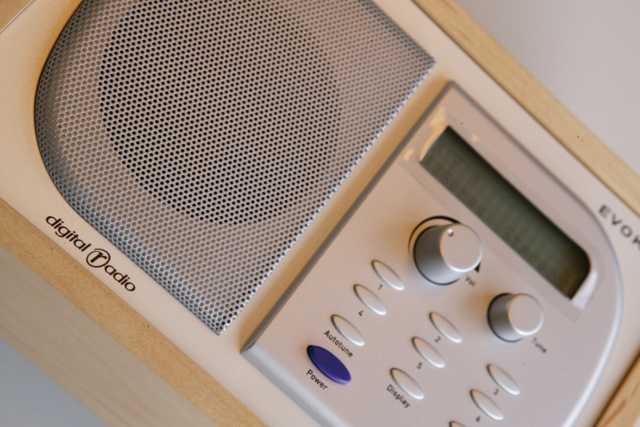
The study, comissioned by the Radio Advertising Bureau, found that people consuming any of TV, radio or online media said they were both happier and had higher energy levels when compared to those people consuming no media.
'Media and the Mood of the Nation’ asked 1,000 people via their smartphones what media, if any, they were consuming and then to rate aspects of their mood, ie how happy they were feeling or how much energy they had, from minus five to plus five.
When compared with people who were not consuming any media people who were only watching TV rated themselves 62% happier on average, people using the internet rated themselves 69% happier but people listening to the radio were an impressive 100% happier.
The differences were even more stark when comparing energy levels. People watching TV rated themselves as having 180% more energy than people who were not consuming any media, people online rated themselves as having 220% more energy and people listening to the radio rated themselves as having 300% or three times more energy.
Mark Barber, planning director at RAB commented: "Our latest research highlights the immense potential of radio to influence emotions, in turn, offering a huge boost to advertisers seeking emotional engagement to build their brands."
A second part of the research involved a separate lab-based investigation using the EEG brain scan technique which showed that radio stimulates positive engagement levels within the brain.
The research found that when radio ads follow radio editorial, levels of positive engagement are sustained throughout the ad break, up 30% when measured against ads played without any editorial content.
The study was carried out by Sparkler Research.



.jpg)
.jpeg)
